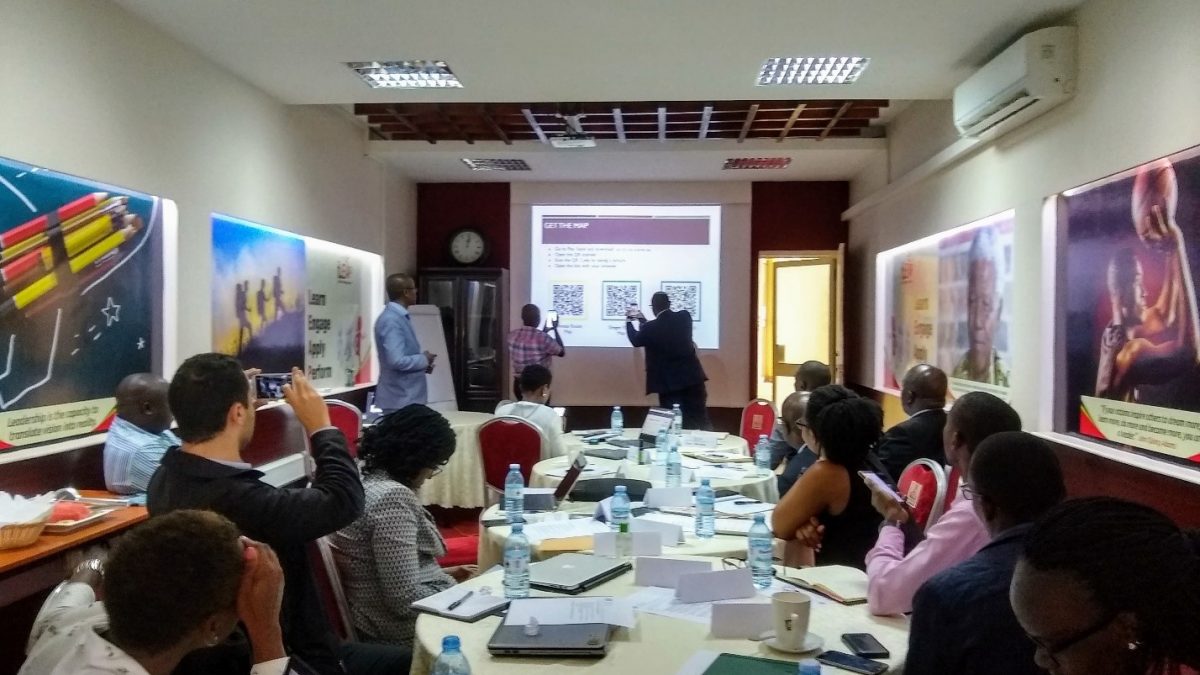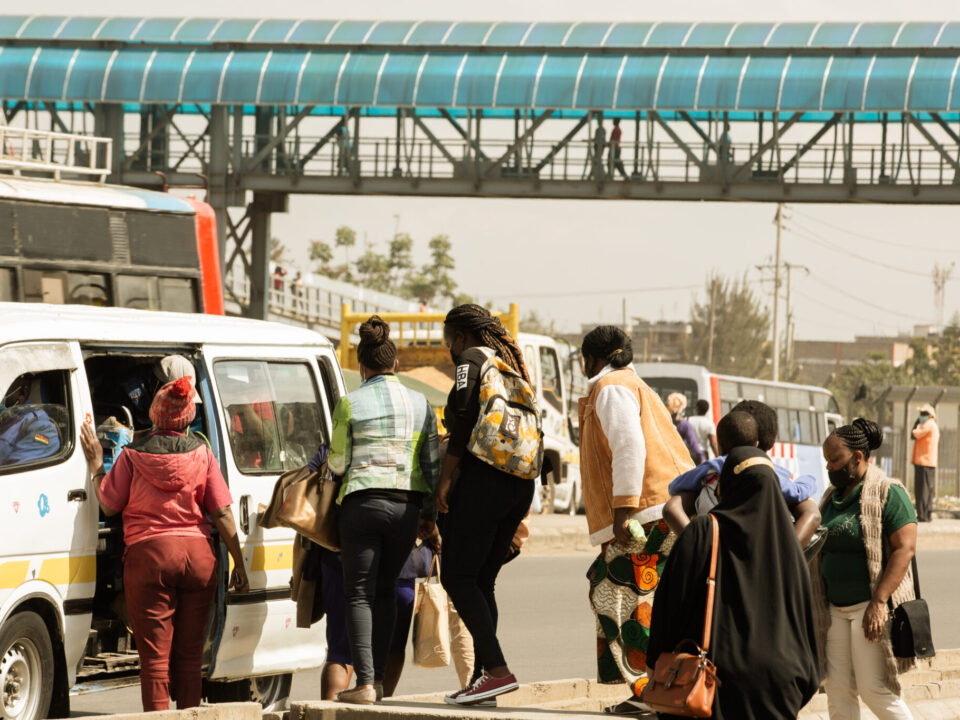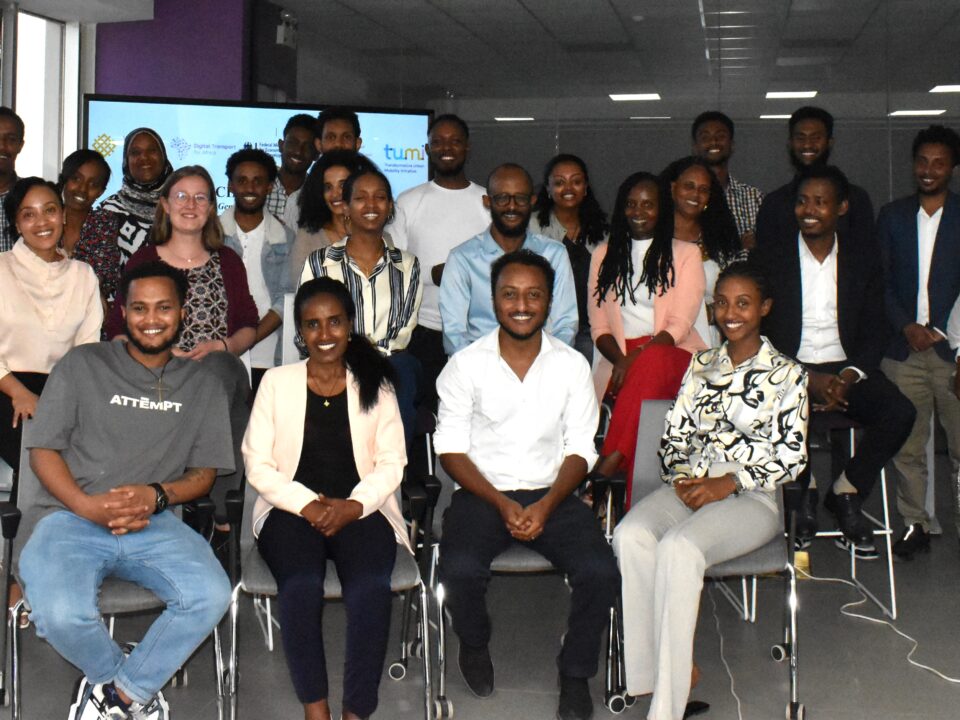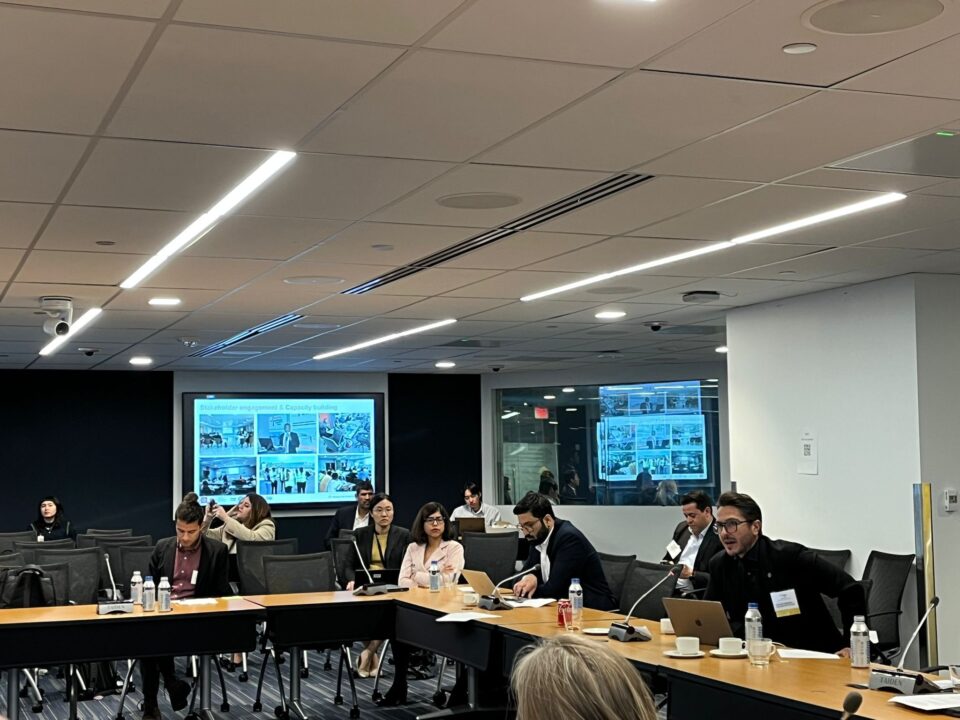
[Survey] – We need you !
7 April 2020
COVID-19 Hit Public Transport Users Hard. Here’s How Open Data, A Digital Commons Approach Helps.
30 June 2020Transport officials from Kampala, Addis Ababa and Accra exchange knowledge on what makes a mapping project successful. Source: WRI.
Transit data are essential. Data help us customize journey planning apps that improve transit’s usability, guide cities’ plans for smarter, integrated mobility and identify opportunities to improve access for all. However, moving from a one-time mapping project to an environment where cities actively maintain and use open, quality data to drive decisionmaking is easier said than done.
Transparency, accessible and honest knowledge-sharing and collaboration are necessary for going beyond a one-time mapping project. This starts with planning for and enabling cities’ participation and leadership in the mapping process, every step of the way.
That’s why on March 4th, WRI’s team in in Kampala, Uganda and Addis Ababa, Ethiopia—In partnership with Transitec, Map Uganda and Transport for Cairo—held a workshop with members from the Kampala Capital City Authority (KCCA), Uganda’s Ministry of Works and Transport, Accra Metropolitan Assembly (AMA) and Addis Ababa Transport Authority (AATA). AMA and AATA gave presentations on the success and challenges they experienced with their cities’ transit mapping projects. The workshop focused on Map Uganda and Transport for Cairo’s AFD-supported work to map Kampala’s minibus network, which will produce GTFS data that KCCA can use to improve transport in Kampala.
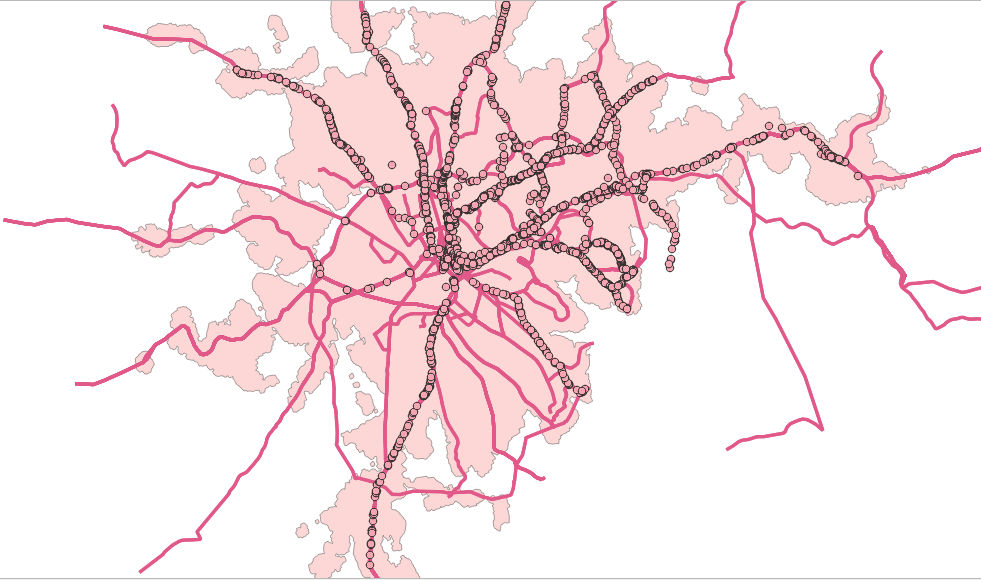
Preliminary data on Kampala’s minibus taxi routes and stops. Collected by Map Uganda and Transport for Cairo. Source: Map Uganda (https://mapuganda.org/paratransit.html)
In Kampala, over 40% of residents commute by public transport, which is provided almost entirely by minibus taxis. Despite their widespread use, paratransit’s aging vehicles are a leading source of transport-related pollution, can be unpredictable in price and service, and are sometimes unsafe for riders and road users. Paratransit is also unaffordable for most lower-income residents. In Kampala, fares comprise up to 25% of median household expenditures. As a result, walking is the most affordable option for majority of low-income men and women.
The workshop discussed how Kampala’s government can be a leader in the mapping process and effectively use data to plan smarter, safer and more accessible public transportation. Below we reflect on this event and share our experiences to promote similar discussions in cities across the African continent. We hope this reflection encourages city participation and leadership in the transit mapping process!
What went well
- Sharing lessons between African cities allows participants to ask questions in-person and learn about the issues surrounding data collection and mapping, and the benefits of open transit data.
- Creating a common understanding between various partners helps set a foundation for future coordination.
- Sharing information about transportation mapping projects to a wider government audience builds advocacy around public transport improvement.
Challenges
- Government officials have a lot of responsibility and limited resources. Government officials who attended the workshop were excited and inspired by the work other cities were doing but taking this time away from daily responsibilities was difficult.
- Understanding the technical side and policy impacts of GTFS data takes a lot of time. Establishing the right agenda and discussion topics is important and varies based on the interests of those who are attending.
Advice to cities
- Having these conversations before data collection is done, or even better, before data collection starts, is critical.
- Transport authorities heavily benefit from this data. In the long-term, data should sit in these departments. However, ensuring government has resources to manage, use and update transit data is challenging. Partnering with universities or other NGOs that can host and update data regularly until government builds capacity is an important intermediate solution.
- Coordinating with partners can help cities make the most of their data. These partnerships include trip planning app development, mass transit planning and accessibility analyses.
- There is no one model on how to implement a transit mapping project. Cities should adapt such projects to their local context. In some places there are strong grassroots mapping communities. In other places, the private or public sector may play a stronger role. What is important is that all these stakeholders come together to avoid overlapping efforts and data.
- One workshop is not enough. Cities need to hold multiple discussions at different levels of government and involving a range of stakeholder groups.
- Transitioning from a consultant-driven project to a government-driven initiative is key to maximizing the impact and longevity of the data. Transit mapping projects need to understand and prioritize this transition.
About the Authors
Anna Oursler is WRI Africa’s Kampala Project Coordinator and a certified Urban Planner and Architect with ten years of international development experience. Email Anna at Anna.Ousler.5@wri.org
Iman Abubaker is an Urban Mobility Projects Manager for WRI Africa. She currently manages projects to improve sustainable urban mobility in Addis Ababa, other Ethiopian cities and Kampala, Uganda, with experience across the region, such as coordination of DigitalTransport4Africa and convening Leaders in Urban Transport Planning with the World Bank. Email Iman at Iman.Abubaker@wri.org
